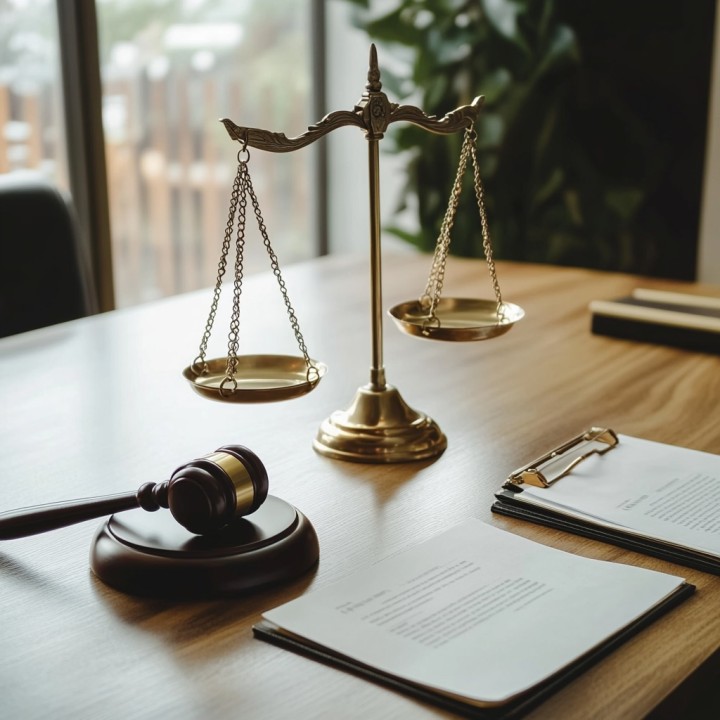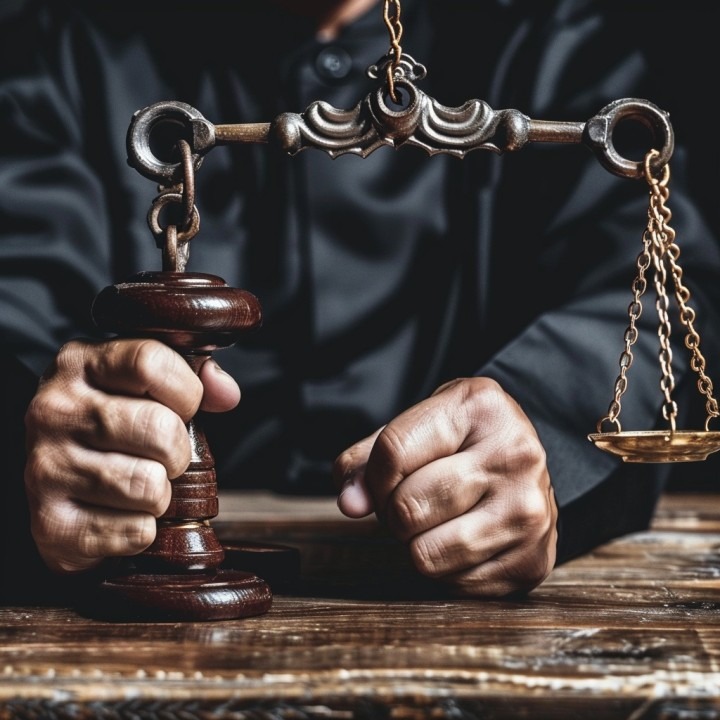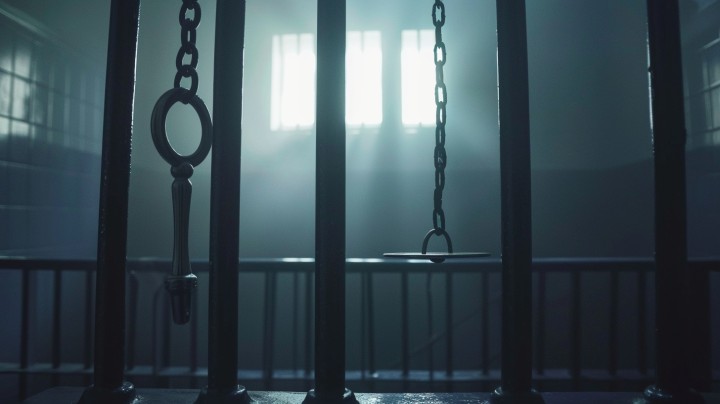Introduction
Bail conditions are essential measures imposed by the court to ensure that an accused individual returns for trial and abides by the law while awaiting the court process. However, life circumstances can change, making these conditions burdensome or even unfeasible. This leads to the critical question: Can bail conditions be modified? The simple answer is yes, but it involves a legal process and specific criteria. This article delves into the mechanisms, legal frameworks, and practicalities surrounding the modification of bail conditions.
Understanding Bail Conditions
Bail conditions are stipulations set by the court that an accused must adhere to for their release from custody pending trial. These conditions aim to balance the presumption of innocence with public safety and the administration of justice.
Common Bail Conditions
- Regular check-ins with a bail officer
- Travel restrictions
- No-contact orders with certain individuals
- Prohibition from visiting specific locations
- Abstinence from alcohol or drugs
- Curfews
The Legal Framework for Modifying Bail Conditions
Initial Bail Hearing
During the initial bail hearing, the judge or magistrate sets conditions based on various factors including the nature of the offense, the accused’s criminal history, and the risk of flight.
Grounds for Modification
Modifications are considered under several circumstances:
- Change in personal circumstances (e.g., employment, health)
- Undue hardship caused by existing conditions
- New evidence affecting the initial conditions
- Lengthy delays in the trial process
The Process to Modify Bail Conditions
Filing a Motion
To initiate a modification, the accused or their attorney must file a motion with the court detailing the requested changes and justifying the need for them.
Court Hearing
A hearing will be scheduled where both the defense and the prosecution can present arguments. The accused must demonstrate a significant change in circumstances or other compelling reasons for modification.
Factors Considered by the Judge
- Compliance with existing conditions
- The seriousness of the original charges
- Potential risks to the community
- Input from the prosecution
Possible Outcomes of a Modification Request
Approval of Modification
The judge may approve the modification, adjusting the conditions to better suit the current situation of the accused without compromising public safety or the integrity of the judicial process.
Denial of Modification
If the judge finds the modification unjustifiable, the existing conditions remain in place. The accused may appeal the decision, depending on the jurisdiction.
Practical Advice for Requesting a Modification
Documentation and Evidence
Gather relevant documents and evidence supporting the need for modification, such as medical records, employment letters, or statements from character witnesses.
Legal Representation
Seek experienced legal representation to navigate the complexities of the bail modification process effectively.
Case Studies and Examples
Case Study 1: Employment Opportunity
An individual with a curfew restriction receives a job offer requiring night shifts. They successfully argue that the job is crucial for their livelihood and that they pose no risk of flight or reoffending.
Case Study 2: Medical Condition
An accused with a medical condition that deteriorates under the stress of travel restrictions presents medical testimony to successfully have the travel ban lifted.
FAQs
Can bail conditions be changed after they are initially set?
Yes, bail conditions can be modified if there is a significant change in circumstances or other compelling reasons presented to the court.
What is required to modify bail conditions?
A motion must be filed with the court, followed by a hearing where the accused needs to provide substantial reasons for the requested changes.
Who decides if bail conditions can be modified?
A judge or magistrate will decide, taking into account the arguments from both the defense and the prosecution, and considering the accused’s compliance with existing conditions.
Can the prosecution oppose the modification of bail conditions?
Yes, the prosecution can oppose the modification, presenting arguments to maintain the original conditions if they believe the changes pose a risk to public safety or the judicial process.
How long does it take to modify bail conditions?
The timeframe can vary based on the court’s schedule, the complexity of the case, and the necessity for gathering and presenting evidence.
Can bail conditions be modified more than once?
Yes, conditions can be modified multiple times if new circumstances arise that justify further changes.
Conclusion
Modifying bail conditions is a nuanced process that requires legal acumen and a clear demonstration of changing circumstances or undue hardship. By understanding the legal framework, the procedural steps, and the criteria for modification, individuals can effectively navigate this aspect of the judicial system. Seeking professional legal advice is essential to enhance the chances of a successful modification.






